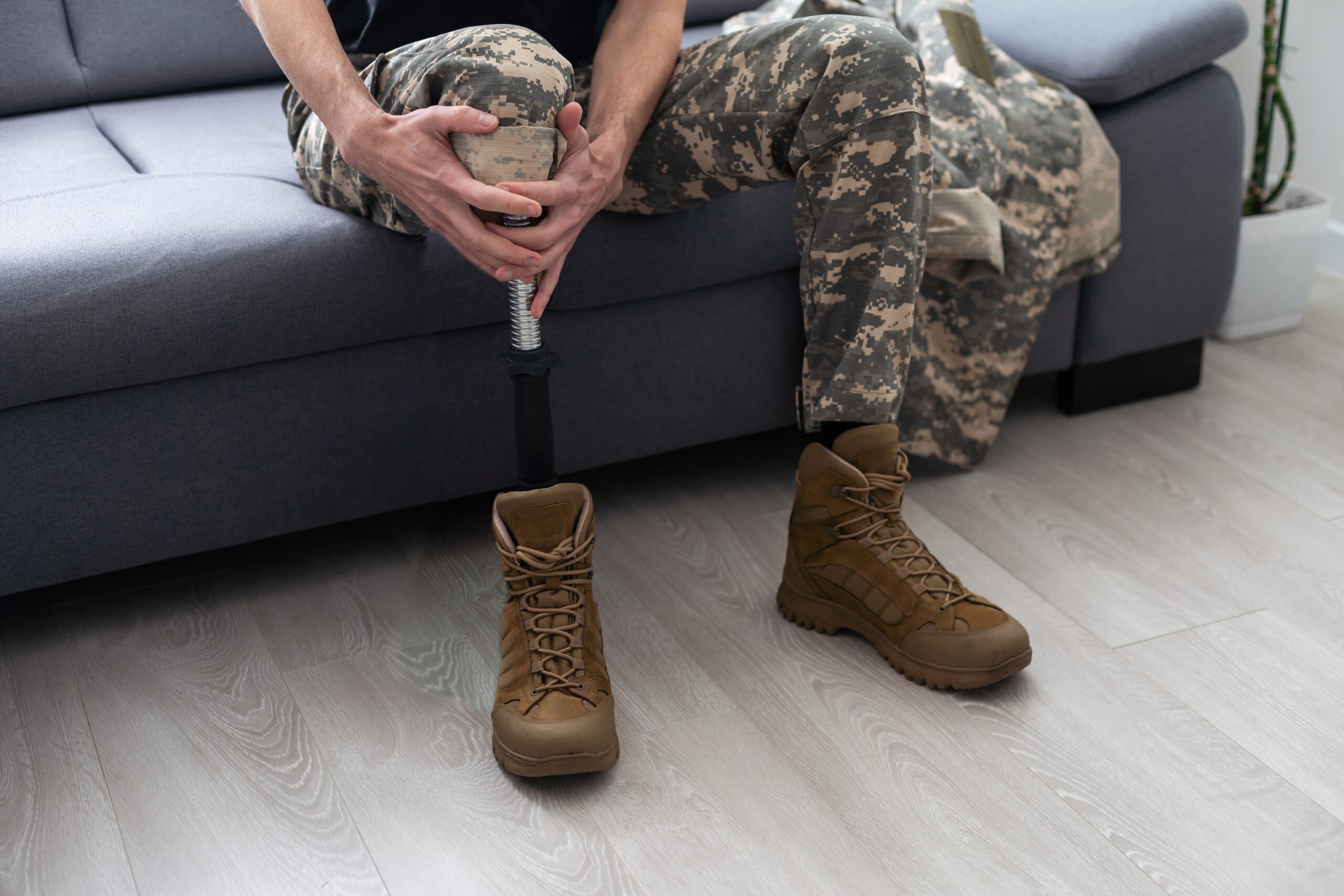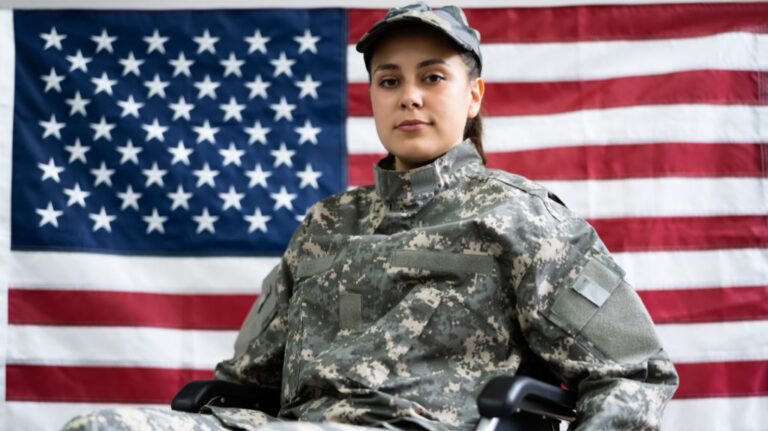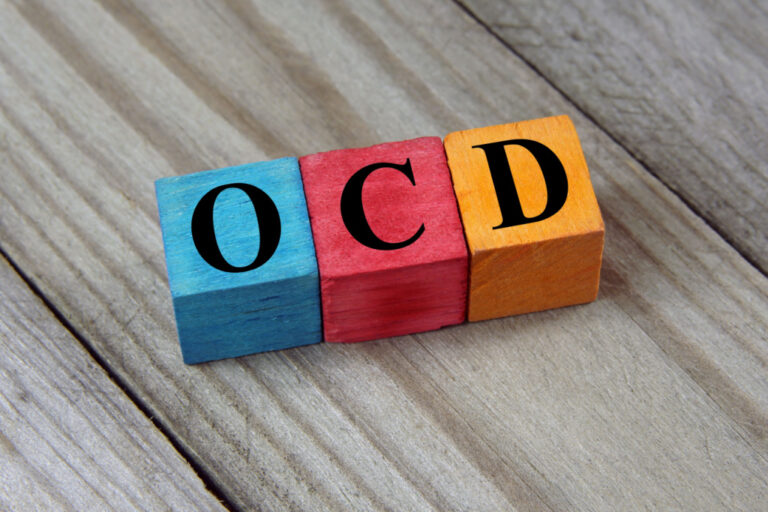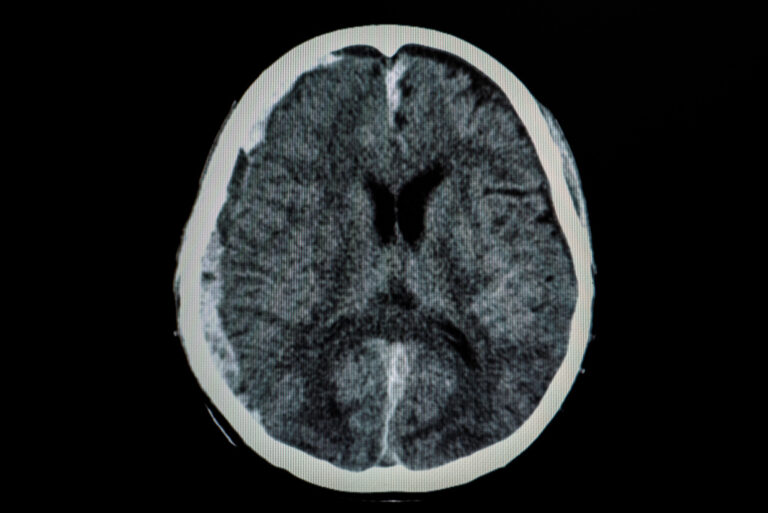
A special disabled veteran is a military veteran who has a service-related disability that has a significant impact on their ability to work, live independently, or perform regular daily activities. These veterans often face challenges that are not only physical but can also involve mental health conditions, such as PTSD, which can make it difficult for them to live a normal civilian life. The term shows recognition of veterans’ specific struggles and their need for special support and benefits. In this blog, we will be covering the criteria for a special disabled veteran, and other considerations that come along with having this status.
Criteria for Special Disabled Veteran Status
To be classified as a special disabled veteran, a veteran must meet specific criteria set by the U.S. Department of Veterans Affairs (VA). The main factor is the severity of the disability, which is evaluated through the VA’s rating system. To be classified as a special disabled veteran, a veteran must have a service-connected disability rated at 30% or higher by the U.S. Department of Veterans Affairs (VA). This rating reflects the severity of the injury or illness and its impact on daily life and work.
An example of a scenario where a veteran may be considered a special disabled veteran is if they lost a limb due to combat-related injuries or suffer from a severe form of PTSD. It’s important to remember that disabilities aren’t just physical. Many veterans suffer from invisible wounds like PTSD, depression, and anxiety. These conditions can significantly impact a veteran’s ability to function and can qualify them for special disabled veteran status.
Benefits for Special Disabled Veterans
Special disabled veterans are eligible for a range of benefits designed to support them and their families. These benefits include:
- Healthcare: Priority access to VA healthcare services, including medical treatment, mental health care, and rehabilitation.
- Disability Compensation: Monthly payments to help cover the financial costs associated with a disability.
- Housing Assistance: Grants and programs to help with home modifications, such as ramps or wheelchair-accessible bathrooms.
- Education Benefits: Tuition assistance and other educational benefits to help veterans pursue higher education or vocational training.
- Burial Benefits: Special burial honors and benefits, including burial in a national cemetery.
The Role of the VA in Supporting Special Disabled Veterans
The U.S. Department of Veterans Affairs (VA) plays an important role in making sure that special disabled veterans receive the services and benefits they are entitled to. The VA evaluates claims for disability compensation, provides healthcare services, and offers other programs to help these veterans live fulfilling lives.
When veterans apply for benefits, the VA uses the disability rating to determine their eligibility for different services. This process requires detailed documentation, including medical records, service records, and sometimes personal statements from the veteran or their family. The VA’s goal is to make sure that veterans who have given so much for their country do not have unnecessary struggles, such as financial and accessibility services after they return to civilian life.
Mental Health Considerations for Special Disabled Veterans
While physical disabilities are often associated with the special disabled veteran status, many people overlook that mental health conditions are just as impactful. Many veterans return home with conditions like PTSD, which can affect their ability to connect with others, hold down a job, or maintain a healthy work-life balance. The impact of these invisible injuries is just as impactful as any physical disability, and the VA recognizes this and offers specialized mental health care and counseling services.
Veterans who suffer from PTSD or depression are encouraged to seek help through the VA’s mental health programs, which offer therapy, group counseling, and even specialized treatment for conditions related to military service. Mental health support is essential for many special disabled veterans as they navigate life after service.
Make the Most of Your VA Benefits
A special disabled veteran is more than just a title, it is someone who has given much in service to their country, often paying a physical or mental price that affects their ability to live independently. By understanding the criteria for special disabled veteran status and the benefits available to them, veterans who fit the criteria can seek out these benefits to help improve their lives.
However, the VA’s complex system can be overwhelming to navigate independently. With each case being unique, veterans need to have the right guidance and representation. Contact Veterans Law Attorneys today for personalized guidance on how to navigate your VA disability claims, understand your benefits, and ensure you get the support you deserve. Let us help you take the next step toward a more secure future.






